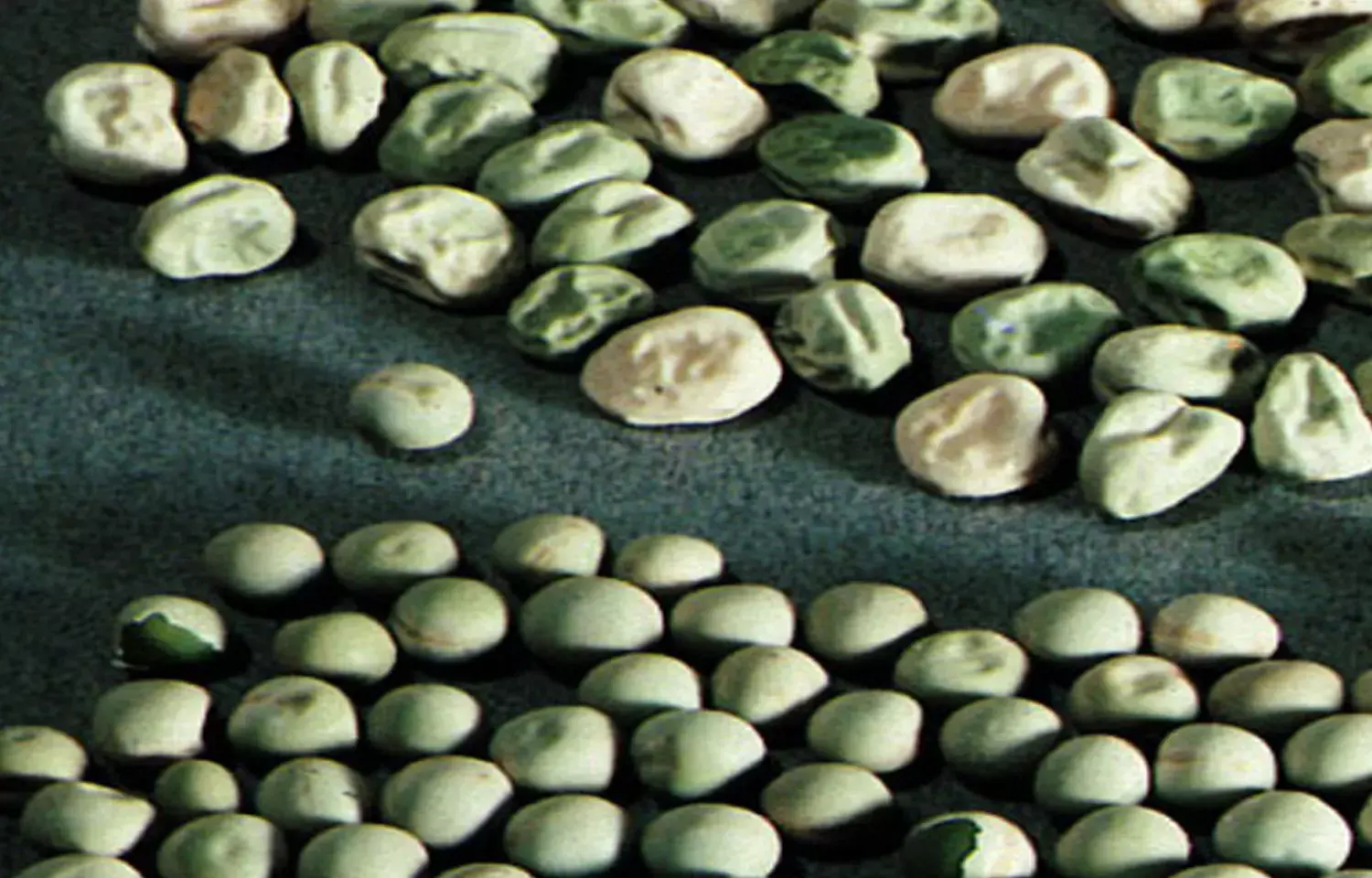- Home
- Medical news & Guidelines
- Anesthesiology
- Cardiology and CTVS
- Critical Care
- Dentistry
- Dermatology
- Diabetes and Endocrinology
- ENT
- Gastroenterology
- Medicine
- Nephrology
- Neurology
- Obstretics-Gynaecology
- Oncology
- Ophthalmology
- Orthopaedics
- Pediatrics-Neonatology
- Psychiatry
- Pulmonology
- Radiology
- Surgery
- Urology
- Laboratory Medicine
- Diet
- Nursing
- Paramedical
- Physiotherapy
- Health news
- Fact Check
- Bone Health Fact Check
- Brain Health Fact Check
- Cancer Related Fact Check
- Child Care Fact Check
- Dental and oral health fact check
- Diabetes and metabolic health fact check
- Diet and Nutrition Fact Check
- Eye and ENT Care Fact Check
- Fitness fact check
- Gut health fact check
- Heart health fact check
- Kidney health fact check
- Medical education fact check
- Men's health fact check
- Respiratory fact check
- Skin and hair care fact check
- Vaccine and Immunization fact check
- Women's health fact check
- AYUSH
- State News
- Andaman and Nicobar Islands
- Andhra Pradesh
- Arunachal Pradesh
- Assam
- Bihar
- Chandigarh
- Chattisgarh
- Dadra and Nagar Haveli
- Daman and Diu
- Delhi
- Goa
- Gujarat
- Haryana
- Himachal Pradesh
- Jammu & Kashmir
- Jharkhand
- Karnataka
- Kerala
- Ladakh
- Lakshadweep
- Madhya Pradesh
- Maharashtra
- Manipur
- Meghalaya
- Mizoram
- Nagaland
- Odisha
- Puducherry
- Punjab
- Rajasthan
- Sikkim
- Tamil Nadu
- Telangana
- Tripura
- Uttar Pradesh
- Uttrakhand
- West Bengal
- Medical Education
- Industry
Wrinkled peas may help reduce blood sugar and diabetes risk, finds Study

It is well accepted that diet strategy to maintain normal blood sugar is to alter the composition of commonly consumed foods.
Researchers at Imperial College London, the John Innes Centre, Quadram Institute Bioscience and University of Glasgow, have found in a new study that a type of wrinkled 'super pea' may help control blood sugar levels and could reduce the risk of type 2 diabetes. They have found that incorporating the peas into foods, in the form of whole pea seeds or flour, may help tackle the global type 2 diabetes epidemic.
Over a series of experiments, the team gave healthy volunteers a mixed meal including 50 grams of wrinkled peas, and in a series of control experiments gave them regular 'smooth' peas. Working with the University of Glasgow, researchers also added a tracer molecule to the peas, so that they could trace how they were absorbed and digested by the human gastrointestinal tract.
The researchers repeated the experiments using flour made from wrinkled peas or control peas. In order to further investigate the impact of long-term consumption they recruited 25 volunteers and asked them to consume pea hummus and mushy peas (made from wrinkled or control peas) for a period of 4 weeks.
Professor Gary Frost, lead author of the study and head of Imperial's Centre for Translational and Nutrition Food Research, said: "The 'super pea' contains a naturally-occurring variant gene that means they are high in resistant starches. These starches are not completely digested in the upper parts of the digestive tract and are available for fermentation by bacteria in the colon.
Previous research from the same group has suggested that, as these bacteria ferment the starch, they produce compounds called short chain fatty acids. These compounds in turn help boost the function of cells that produce insulin, which helps control blood sugar.
Further tests using a mimic of the human gut, carried out by researchers at Quadram Institute Bioscience, showed that the way that the peas were prepared and cooked affected how quickly they were digested. Researchers also showed that there were significant benefits to our gut microbiota because of the fermentation process taking place there.
The study authors point out that it is not only peas which have the resistant starch mutation. Other research is focusing on breeding the mutation into staple crops, such as rice and wheat.
With modern genomic tools there is the potential for discovery or generation of the mutation across a range of seed and grain crops - which make up many of the carbohydrate-rich foods we consume.
For further reference log on to:
'A natural mutation in Pisum sativum L. (pea) alters starch assembly and improves glucose homeostasis in humans' by Katerina Petropoulou et al. is published in Nature Food. DOI: 10.1038/s43016-020-00159-8
Dr Kamal Kant Kohli-MBBS, DTCD- a chest specialist with more than 30 years of practice and a flair for writing clinical articles, Dr Kamal Kant Kohli joined Medical Dialogues as a Chief Editor of Medical News. Besides writing articles, as an editor, he proofreads and verifies all the medical content published on Medical Dialogues including those coming from journals, studies,medical conferences,guidelines etc. Email: drkohli@medicaldialogues.in. Contact no. 011-43720751


